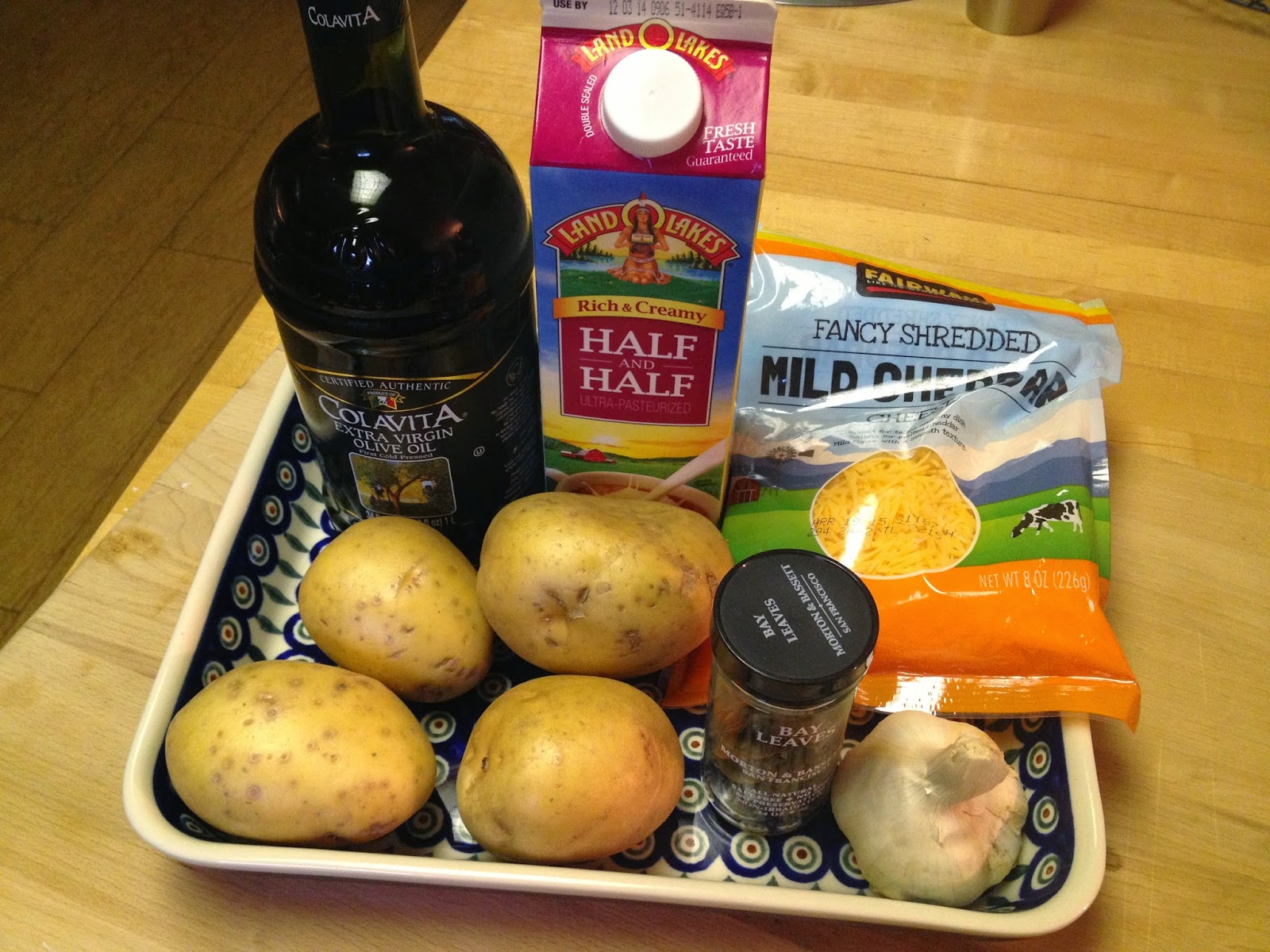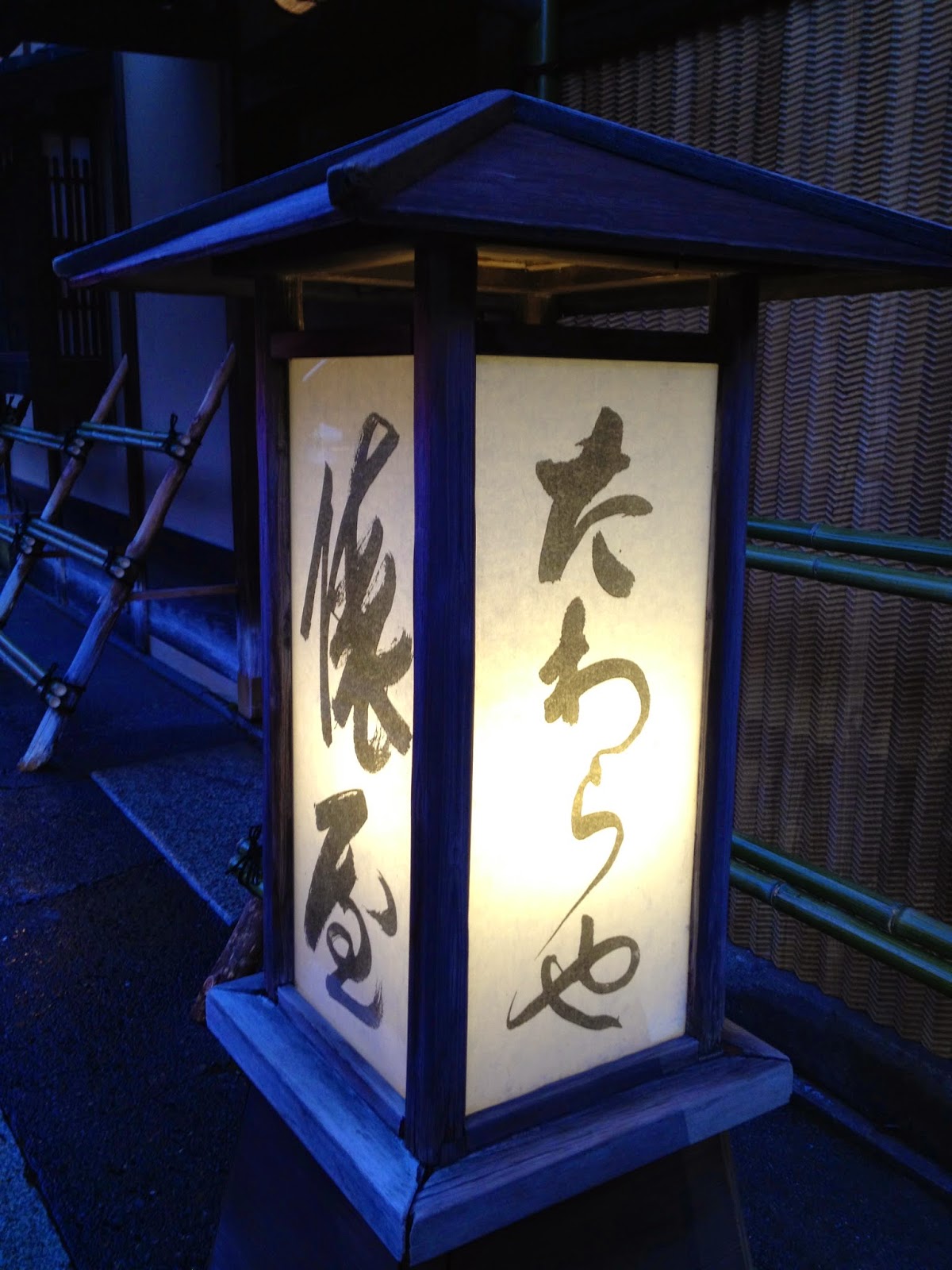October is Breast Cancer Awareness Month!

For those who have been following my blog for some time, you all know that I am passionate about breast cancer and have been working in the world of breast cancer clinical research for nearly three years. It's a subject that is near and dear to my heart (and boobs!)
In the past, I've written about breast surgical procedures (mastectomies, lumpectomies, excisional biopsies), breast cancer seminars I've attended, Angelina Jolie and other celebrities, and what it means to be "high risk" for breast cancer. For this addition to my breast cancer series, I wanted to write about something that I think is very interesting: neoadjuvant anti-cancer therapy.
Over the past several months, I have become fascinated by the concept of neoadjuvant therapy, which is therapy BEFORE breast surgery. At work, I was asked to review data for a radiation oncology study, which looked at breast cancer patients who underwent chemotherapy before their surgery. I knew very little about this type of breast cancer treatment, but over the course of a few weeks, as I analyzed the data, I learned so much and my interest was piqued!
The National Cancer Institute defines neoadjuvant therapy as: "treatment given before primary therapy. A woman may receive neoadjuvant chemotherapy for breast cancer to shrink a tumor that is inoperable in its current state, so it can be surgically removed. A woman whose tumor can be removed by mastectomy may instead receive neoadjuvant therapy to shrink the tumor enough to allow breast conserving surgery." (Side note: adjuvant therapy refers to post-surgical treatments, such as chemotherapy or radiation therapy.) Whilst I think that is an excellent definition, you may be wondering what terms like "inoperable in its current state" or "breast conserving surgery" means.
A breast tumor (carcinoma) that is a candidate for neoadjuvant therapy can be incredibly large or positioned in a difficult location of the breast. During my time as a clinical research assistant, reviewing countless numbers of surgical pathology reports, the larger sized tumors that I encountered were about 1~2 cm, but most tumors were below this range, even going into the millimeter range. Big, but not massive. These types of tumors are ideal for lumpectomies, where only segments of the breast are removed, rather than mastectomies, where the whole breast is removed. That is not to say that women with small tumors are not allowed to proceed with mastectomy, but rather, with such a manageable tumor size, they have "breast conserving options" such as lumpectomy. Basically, "why lose the whole breast, when you only need to lose a bit?"
Now, what happens if your tumor is 4 cm? or even 8 cm? In those scenarios, you could remove the whole breast OR you could opt for neoadjuvant chemotherapy, which aims to shrink the tumor. Ideally, by shrinking the tumor, women have the chance to conserve as much of their original breast as possible, without having to lose it completely. I'm not going to tell you that neoadjuvant therapy ALWAYS works. That would be a lie. There are no absolutes in medicine and in life. I will tell you that in the course of my research, 3 out of 4 times, tumors did shrink and patients were able to successfully proceed to surgery.
Neoadjuvant chemotherapy is also an option for women with "triple negative" breast cancer. I find the concept of triple negative breast cancers fascinating and there is a lot of work being done on the subject. Triple negative cancers are one of the more aggressive forms of breast cancer because it is a tumor type that is not dependent upon estrogen receptors, progesterone receptors, or Her2/neu receptors (a receptor tyrosine protein kinase). Most chemotherapies target at least one of these hormone receptors, so when someone is triple negative, a combination of chemotherapies is required because the hormones are not reactive. Now, you may be wondering, "why are you bringing up triple negative breast cancers now?" Well, I'll tell you!
Last month, former news anchor Joan Lunden graced the cover the People magazine and opened up about her battle with breast cancer. Whilst all breast cancer stories pique my interest, I was especially drawn to Ms. Lunden because she falls into this triple negative neoadjuvant category. Lunden was diagnosed with Stage II triple negative breast cancer in June. She had two tumors, both located in difficult positions. Due to the clinical stage of her cancer, the type of cancer, and location of the cancer, she opted for neoadjuvant therapy. I can only assume that the treatment worked, since Lunden went on to have a lumpectomy. For the full article, click here: "Joan Lunden's Cancer Treatment - Why She Chose Chemotherapy Before Surgery."
I really love it when celebrities have the courage to share their cancer battles. Diseases, like breast cancer, can be emotionally taxing and a very private matter, and I think it takes great courage to share such news with the world. Kylie Minogue, Kathy Bates, Christina Applegate, Sheryl Crow, Angelina Jolie, Cynthia Nixon, and many more have come forth and shared their stores, in hopes of inspiring others to persevere, but also to raise awareness about breast cancer. I commend each and every one.
To me, Joan Lunden's story stood out because she opted for the neoadjuvant route --- something I haven't really seen discussed in such an open manner. Perhaps I haven't done my research and there is a celebrity who also underwent neoadjuvant therapy. Regardless, I thank Joan Lunden for sharing her journey and for bringing neoadjuvant cancer therapy into the public spotlight. Knowledge is power and this treatment route is an important discussion point when talking about breast cancer.
For more information on neoadjuvant and adjuvant therapy, please click these link: National Cancer Institute, Susan G. Komen
For information on triple negative breast cancers, please click these links: breastcancer.org, National Breast Cancer Foundation
Note: I do not own these images. They were taken from google.




Comments
Post a Comment